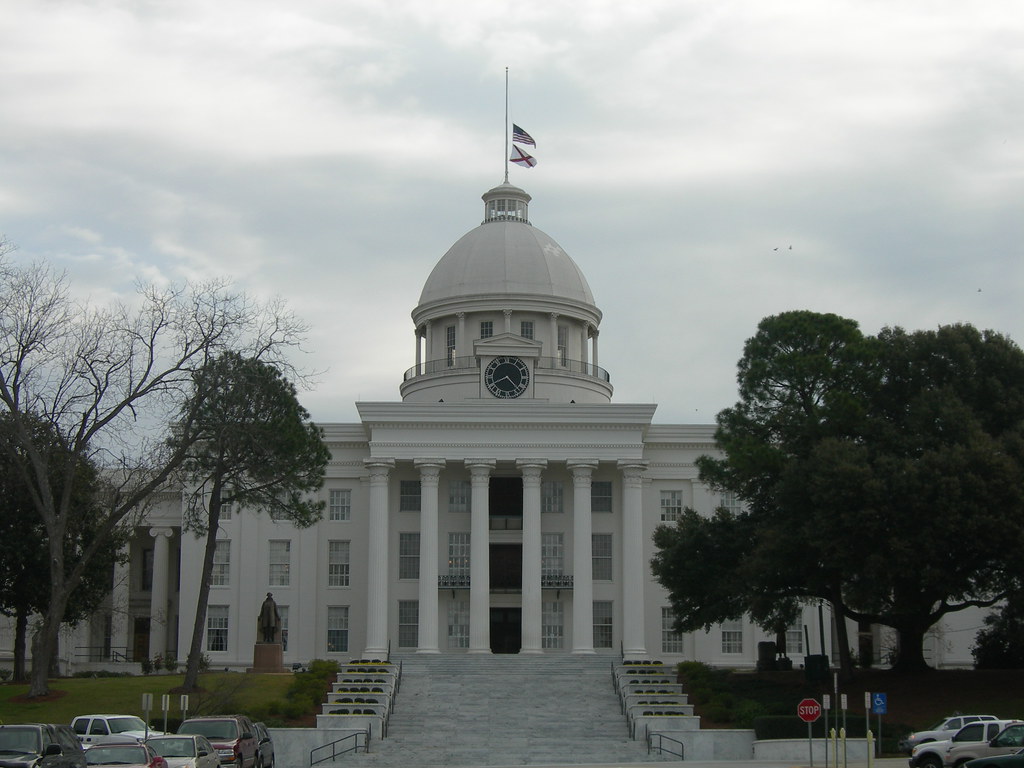(The Center Square) – A pair of Alabama legislators have introduced bills in their respective chambers that would eliminate the state’s sales tax on groceries.
HB 174, sponsored by Rep. Mike Holmes, R-Wetumpka, and SB 43, sponsored by Sen. Andrew Jones, R-Montgomery, would eliminate the state tax on food. Both bills are designed to put more money in the pockets of state residents.
The bills, however, would take different paths to being enacted. HB 174 would be enacted through ratification by the Legislature and Gov. Kay Ivey’s signature, while SB 43 would appear on November’s ballot as a proposed constitutional amendment.
Under the state’s existing law, a sales tax of 4% is assessed on food sales. Counties and municipalities throughout the state, however, levy their own local taxes on food, according to the United States Department of Agriculture. Under both bills, local municipalities would retain the power to impose excise taxes on food.
Tuscaloosa and Cullman counties, according to the report, have the highest grocery tax rate in the state at 9%, which includes the 4% state grocery tax. Grocery taxes in the majority of the state’s counties are between 6% and 8%, while some counties have a 4% to 6% grocery tax. A handful of counties have a grocery tax between 8% and 9%.
HB 174, if enacted, would exempt the sales of food from sales and use taxes beginning Sept. 1. If SB 43 is enacted through a ballot referendum, it would go into effect Jan. 1, 2023.
Holmes said he introduced the legislation to give state residents a tax break.
“We wanted to be sure we didn’t try and replace the grocery tax revenue with a tax revenue stream from somewhere else,” Holmes said. “We didn’t want to shift a tax from one group to another.”
Holmes said last year from tax sources Alabama generated $7.6 billion in revenue. This year, he said, the state is anticipating $12.2 billion in tax revenue.
“That is where it is going to hit the hardest,” Holmes said of the legislation benefiting all residents. “It will hit everyone equally. Everybody has to have groceries. That was a place I could go to help the working class, even down to the poverty level and even the upper class, to get everyone a tax break.”
Holmes said counties and municipalities will still be able to have their own grocery tax.
“I’m really hopeful we can get this done,” said Holmes, who is not running for re-election. “I’m hanging a lot on the fact we can get across-the-aisle support. We have a super majority, but if we can get half of their votes, we can get it done and do it right.”
The Alabama Policy Institute said it is in favor of repealing the grocery tax.
“Groceries are exempt from state sales tax in most of the country, with only thirteen states taxing groceries at all,” API President and CEO Caleb Crosby said. “Out of thirteen states that do tax groceries, only Alabama, Mississippi, and South Dakota tax them at the full amount without any credit or rebate.
“With state budgets hitting record high after record high, it is … time for Alabama to end this tax. The fact is that Montgomery is flush with cash. State leaders need not pretend that the sales tax on our bread and milk is essential.”
Phil Williams, a former state senator who serves as the Institute’s chief policy officer said, “it is time to pursue this matter without the old fallback of raising taxes elsewhere.”
“This should be a matter of giving back, not amending to avoid a true tax cut,” he said.
Originally published by The Center Square. Republished with permission.
